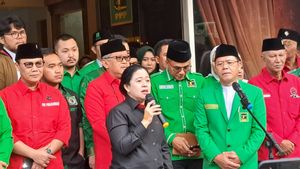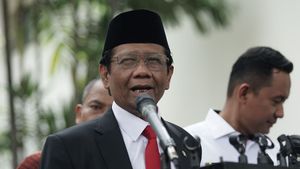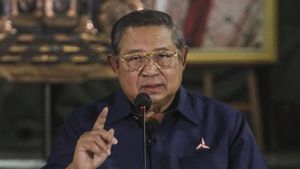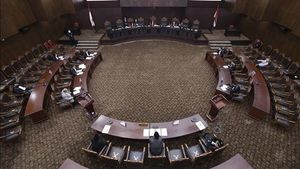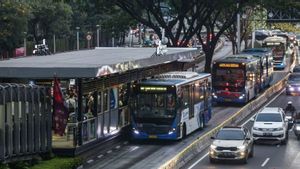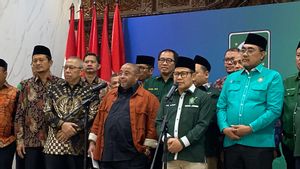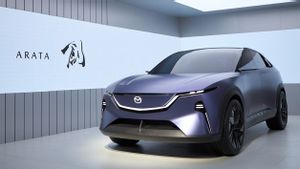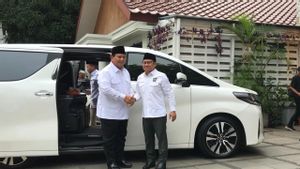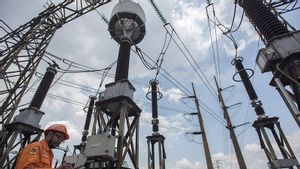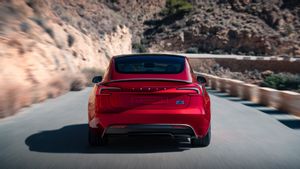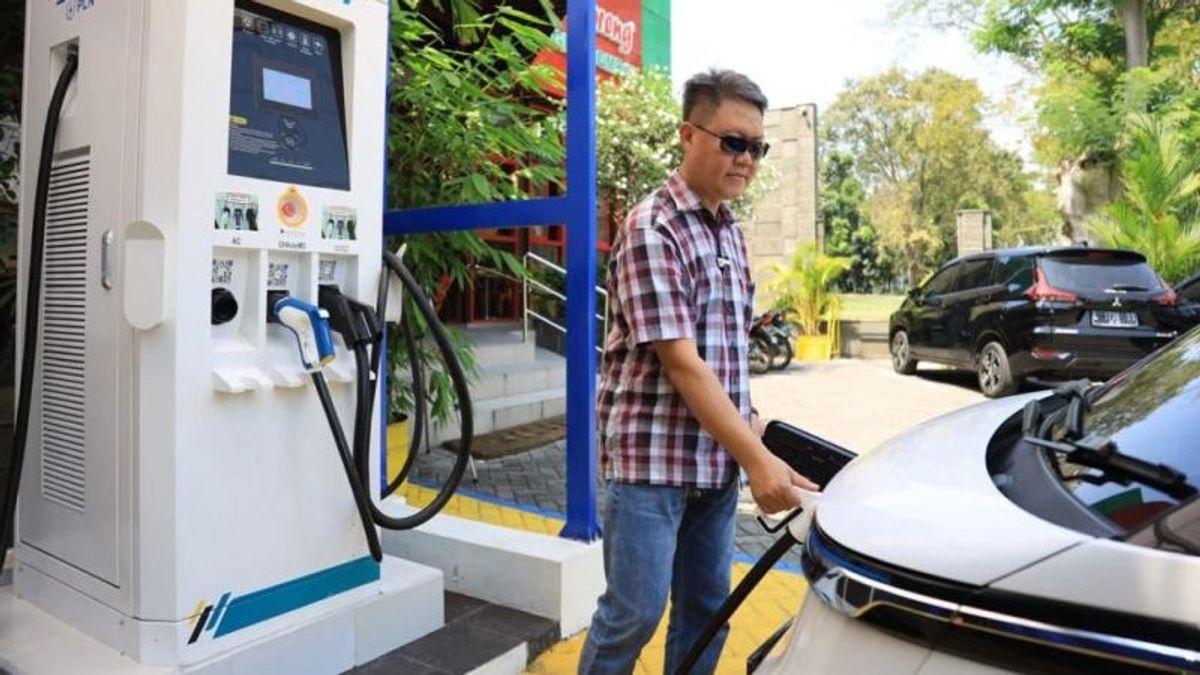
JAKARTA - The Indonesian government through the Ministry of Home Affairs (Kemendagri) has set a Motor Vehicle Tax (PKB) for privately owned battery-based electric vehicles of 0 percent.
This is stated in the Regulation of the Minister of Home Affairs (Permendagri) number 6 of 2023 in article 10 number 1.
"The imposition of the Battery-Based KBL PKB for people or goods is set at 0 percent (zero percent) of the basis for imposing the PKB," quoted from Permendagri 6 of 2023 reported by ANTARA, Monday, May 29.
In addition to the PKB, the Permendagri also states that the Transfer Fee for Motorized Vehicles (BBNKB) for battery-based electric vehicles is also zero percent.
This is stated in article 10 number 2 which reads that the imposition of Battery-Based KBL BBNKB for public transport of people is set at zero percent (zero percent) of the basis for the imposition of BBNKB.
Specifically for PKB and BBNKB, the zero percent value is only for battery-powered electric vehicles.
Meanwhile, for electric vehicles converted from fossil fuels, this regulation does not apply.
The presence of this regulation is in line with the government's steps to accelerate the adoption of environmentally friendly electric vehicles in line with the government's efforts to reduce carbon emissions with a net zero emission target of 2060 or sooner.
For example, the policy of providing assistance to purchase two-wheeled electric vehicles, namely in the form of a discount of IDR 7 million for the purchase of one unit of two-wheeled electric vehicles.
また読む:
This assistance is for people who meet certain requirements, namely being registered as KUR beneficiaries, micro business productive assistance, wage subsidy assistance, and recipients of electricity subsidies up to 900 VA.
Meanwhile, government assistance for four-wheeled electric vehicles is in the form of providing 10 percent government-borne tax incentives (PPN-DTP).
Apart from presenting electric vehicles and their incentives, to reduce carbon emissions the government is also pushing for the decarbonization of electricity.
The government is committed to early retirement of PLTU with a total capacity of 9.2 gigawatts (GW) before 2030 and replacing it with new and renewable energy (EBT).
The English, Chinese, Japanese, Arabic, and French versions are automatically generated by the AI. So there may still be inaccuracies in translating, please always see Indonesian as our main language. (system supported by DigitalSiber.id)


